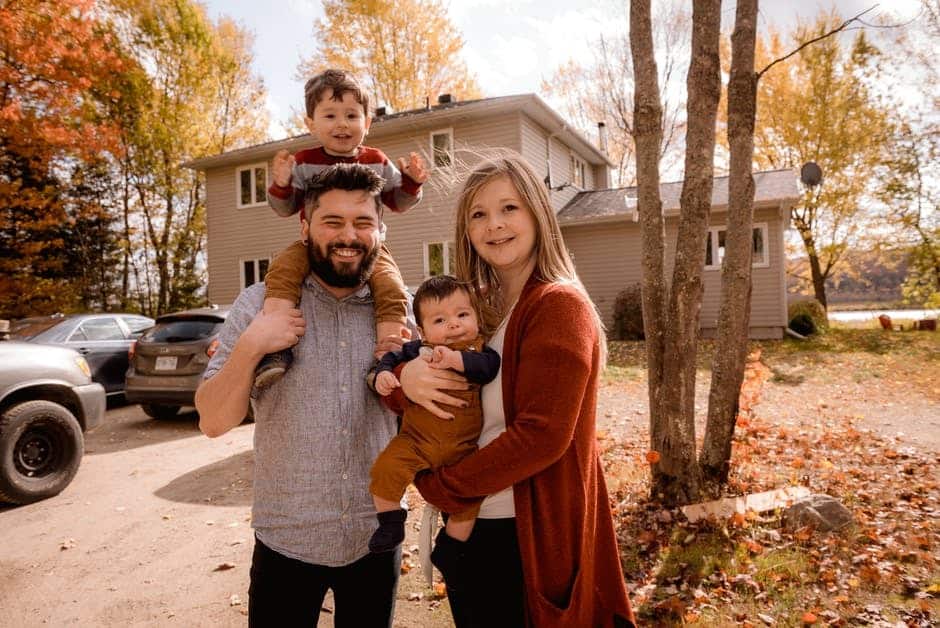While many know that addiction can completely upend an individual’s life, substance use disorder can also destroy families, leading to resentment, fear, anger, and distrust in the family unit. After treatment, those in recovery often wish to make amends with their loved ones and start again. During recovery, reconnecting with your family can be a long and complicated process, but rebuilding those bonds can be a rewarding experience.
Addiction Is a Family Disease
A person’s addiction doesn’t just affect them, but it also affects the people who love them. If your loved one is experiencing addiction, it can be tough to see them go through it. Spouses might separate due to their partner’s addiction. Children might be forced into a caregiving role when they should be enjoying their childhoods. Parents might feel as if they failed, or they might be the obstacle to a successful recovery by either enabling or being the source of the pain that led to addiction in the first place. In recovery, it is vital to acknowledge the family’s role in their past and the position they can play in their future.
Why You Should Connect With Your Family in Recovery
Some people might be apprehensive about reconnecting with family. The pain might feel insurmountable. They might feel guilty for how they hurt the people they love or resentment for their family’s role in their life before treatment. With this, re-connection with positive, healthy family members while in recovery can prove vital because they as a unit play a crucial role in your support system. Family doesn’t necessarily mean only blood relatives and can also include found families that were still affected by your addiction. Reaching out to these people can strengthen your support system, repairing anything that feels broken or damaged.
How to Make Amends With Your Family in Recovery
Talk Honestly With Your Loved Ones
The hardest part will be an honest conversation about your addiction, what it means, and what support you need from them in the future. These conversations might feel scary, mainly if you lived in denial about your addiction or tried to hide its reality from your loved ones. It is also customary to want to protect them, but you’re doing more harm by keeping this part of your life secret.
This scope of honesty is paramount if you are a parent. Children of parents with addiction need to know the truth about their parent’s addiction. Children often blame themselves for their parent’s choices, or they might develop an issue with substance use or addiction later in their own life. They need to be educated about the truth of addiction before it’s too late.
Address Toxic Behaviors
If family played a role in your addiction, this needs to be a part of the honest conversations. If your loved ones enabled your addiction, this needs to be addressed; otherwise, the dangerous cycle of enabling and addiction could continue. Boundaries also need to be discussed during these conversations on both ends. Expect that you’ll need to be open to their side of things during these conversations as well. Together you can discuss what a healthy relationship means.
Consider Family Therapy
Having honest conversations can be very difficult, especially if you and your family don’t have a history of healthy dialogue. Explosive conversations can only make things worse and can be a step back. If you’re having trouble with these difficult conversations, it’s recommended to try family therapy. A family therapist can act as a moderator for you and your family as you discuss these complex topics. Family therapists can also teach communication skills, boundary-placing, and healthy dynamics, allowing your family to emerge stronger from this crucial process.
Involve Your Family in Your Recovery Process
Once you’ve talked to your family and made amends, things might still be a little rocky. The relationship will need to rebuild over time. Unfortunately, healing doesn’t happen overnight. A way to rebuild that relationship is to be open about your recovery process. Family might feel lost as to how they can support you during this time. They might not know where to start but don’t want to drift away as you begin this new journey.
There are many ways to do this, depending on what they are willing to do. For example, family members might want to involve themselves by attending recovery meetings with you. Others might feel more comfortable taking part in wellness during recovery. They might join you for exercise or eat nutritional meals with you. Family therapy is also an excellent way for your family to be involved in your recovery process.
Your family is an integral part of your support system. Unfortunately, addiction can destroy families inside and out. During treatment and recovery, you’ll need to take steps to repair the damage within your family. This process requires a lot of hard work, but it can be worth it at the end of it all. If you cannot reconnect with your family in recovery or relationships are broken beyond repair, that’s okay. Chosen families can also provide that much-needed support system. Reconnecting with your family is not something that will happen overnight. There will be a period when you’ll need to learn how to trust each other again. Healing requires patience, but over time, you’ll find yourselves stronger than ever. Villa Oasis San Diego offers family systems therapy to help you and your family heal. To learn more, call us at (323) 739-8673.




